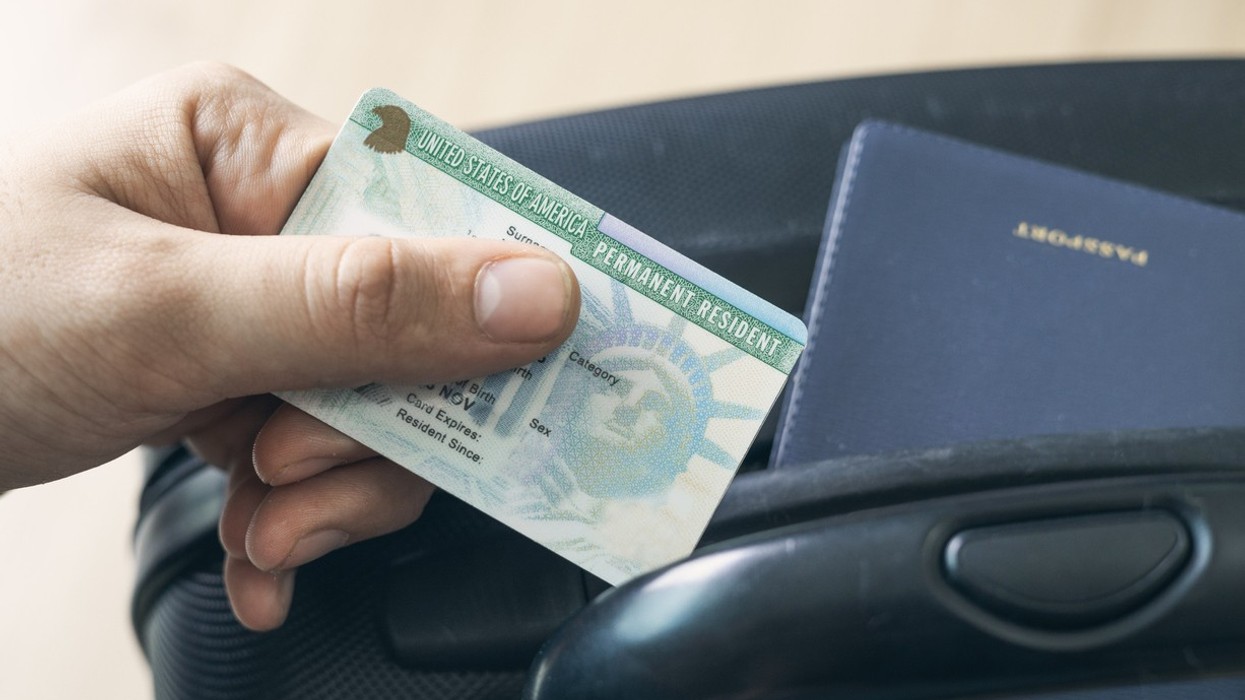What should have been a routine—albeit urgent—legal procedure turned into an unexpected episode for Indian American immigration lawyer Trisha Chatterjee. Recently, while frantically working to file stay requests for detained clients, Chatterjee attempted to contact the US Immigration and Customs Enforcement (ICE) office in Detroit.
Her goal was to submit documents that could halt deportations for individuals seeking lawful status or humanitarian relief. But after several days without a response, she was finally given a number by an ICE agent—only to find herself suddenly connected, not with a federal official, but a Taco Bell restaurant in Columbus, Ohio.
A surreal phone call captured on TikTok
“It was surreal,” Chatterjee recalled, sharing the story with followers in a now-viral TikTok video. "I called, and they answered and they said, ‘Hello, Taco Bell?’ And I said, ‘Taco Bell?’ The guy who was working said, ‘Yeah, Taco Bell. Ma’am, you called me.’” The mix-up attracted instant attention, both for its odd humor and what it revealed about the practical challenges lawyers and immigrants face navigating the US immigration system.
ICE responds—and escalates
Chatterjee immediately brought the error to ICE’s attention, hoping the agency would address and resolve the miscommunication. Instead, the incident spiraled into a public spat. ICE Assistant Secretary for Homeland Security Tricia McLaughlin issued a statement on X (formerly Twitter) denying that ICE provided Chatterjee with the fast-food number and alleging that she ignored further follow-up offers of help. This public rebuttal only increased scrutiny of ICE’s responsiveness and internal communications.
Underlying bureaucratic bottlenecks
Though Chatterjee eventually received genuine assistance from the ICE Blue Ash office, the mishap spotlights frustrating bureaucratic hurdles common in the immigration process. For her clients at Butler County Jail and elsewhere—many with cases pending before USCIS or in immigration court—the stakes are high. “We have a number of people who are detained right now who have cases pending before U.S. Citizenship and Immigration Services or before the court,” Chatterjee said. Filing a stay request is a critical step, as it can temporarily stop deportations while appeals or applications for relief proceed.
However, ICE rules in Ohio require these stay requests to be filed in person at the regional office—all the way in Detroit, Michigan. The logistical burden, combined with a convoluted bureaucracy and inconsistent communication, often leaves both attorneys and detainees vulnerable to delays and mistakes that can have dire consequences.
Systemic challenges and need for reform
Chatterjee’s Taco Bell episode has resonated far beyond her immediate circle, prompting fresh conversations about the accessibility, transparency, and efficiency of the US immigration system. It underscores how even experienced lawyers can find themselves stymied by what seem like basic administrative tasks—let alone desperate families unfamiliar with the process or the language.
The story has once again ignited calls for streamlined processes, greater accountability, and improved customer service, not just for immigrants and their advocates, but for anyone who depends on effective government communication.
In the end, what began as a frustrating detour for Chatterjee resulted in a small victory: her clients’ cases will now move forward, thanks to successful contact with ICE. Yet, the larger lesson remains: in a system as high-stakes as immigration, a simple wrong number isn’t just comic relief—it’s a symptom of deeper, persistent challenges demanding real reform.















